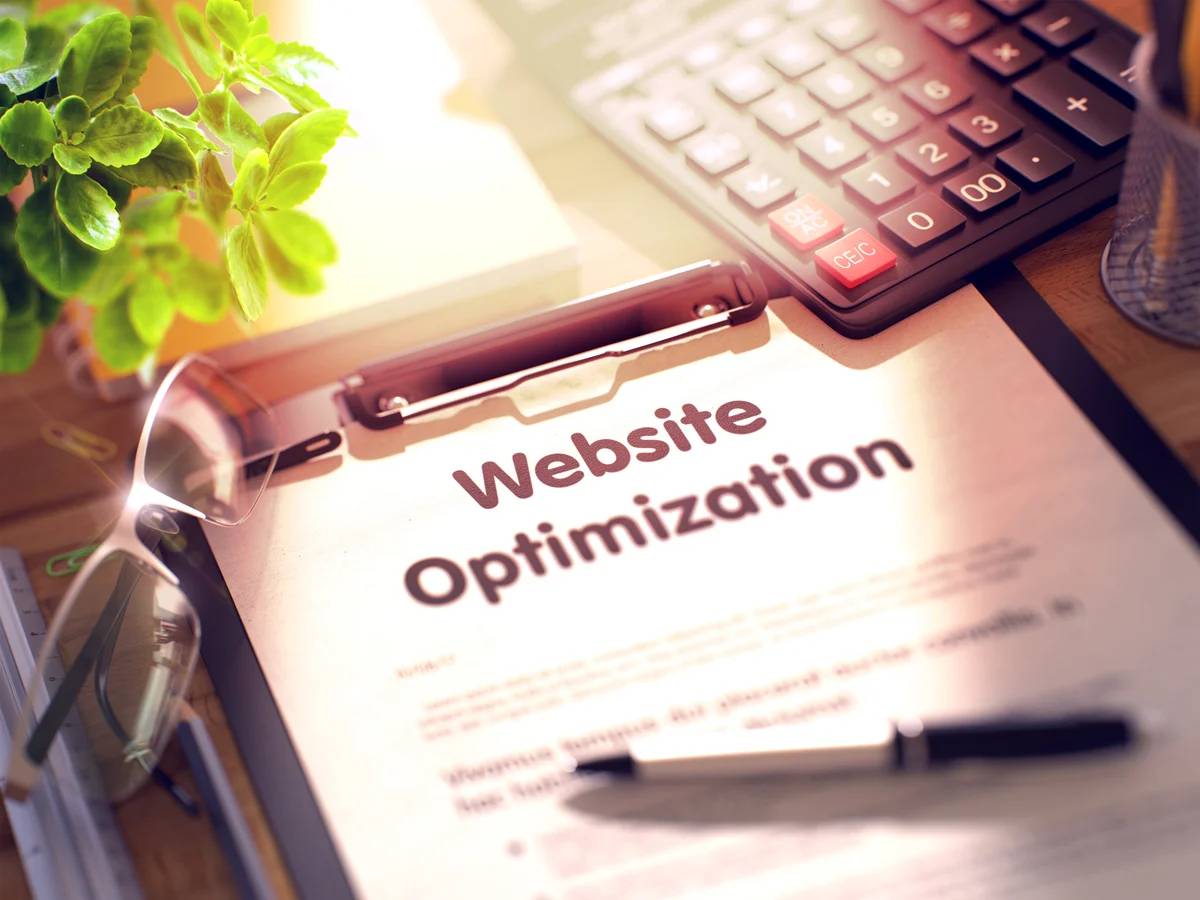Tabella dei contenuti
By now everyone knows: to appear in the first pages of Google, it is not enough to have a website. A site is the basis on which it is essential to work, to encourage indexing first and then the positioning of our digital identity. In recent years, the expression “positioning on Google” has been abused, but are we sure we know perfectly well what it is and how to improve it?
Are indexing and ranking on Google the same thing?
Indexing and positioning on Google are two concepts that are often mistakenly overlaid.
- Indexing: The fact that your business has a website does not necessarily imply that all its pages are present on the internet. The indexing process – understood just as entering the list of Google pages – is quite natural; after some time you have created your new page, hopefully it will be present on the web.
However, it must be considered that search engines use crawlers, or bots that browse Google pages by scanning them. This happens on a constant basis, but not immediately.
- Positioning: ok, indexing is just the first step in your climb to the SERP (Search engine result page). To get “high” you will necessarily have to do a Search Engine Optimization activity, more commonly called SEO. For this to be possible, it is advisable to implement a series of strategies that must not only travel in parallel, but communicate with each other.
In short, as you will have understood, being among the first pages of Google is a constant training, in which indexing is equivalent to putting on shoes: to position your site you will have to run … but without being in a hurry!
How a Search Engine Optimization activity can take you to the top of the SERP
Of course, even before proceeding with targeted activities, it is advisable to carry out an analysis of the site. Having a clear picture of the situation will give you an idea of the amount of work that awaits you and the ways in which you need to proceed.
Let’s take an example: let’s assume that you are the owner of a jewelry store and that your site has positioned itself thanks to some keywords, perhaps even relevant to your business (which is not obvious: Google algorithms can be unpredictable!).
Your search engine optimization agency will have to research other keywords to be found by users, while aiming to strengthen those present. This choice must be made on the basis of technical parameters – search volume and keyword difficulty just to name a couple – and in relation to the keywords for which your competitors have positioned themselves. In fact, the watchword, in addition to analyzing, is contextualizing. What is the situation of the reference market? What keywords have your competitors chosen to offer their services? If they are relevant to what you offer, maybe you could use them too and work on them, without neglecting to select other keywords that differentiate you from the competition.
And mind you, this is only part of on-page SEO! Needless to say, there is also off-page SEO that you will need to worry about. In the eyes of Google a site is all the more worthy of being at the top of the search results, the more relevant and quality external links it receives. This would be enough, if we wanted to simplify. The reality is much more complex. It is necessary that the site from which we receive the links has a certain authority and that the process takes place as naturally as possible: Google does not like to be made fun of!
These are just some of the practices you should pay attention to when ranking your site. No, we cannot say that it is a walk of health: the path is anything but linear and it is a moment to get lost; this is why it is good to use support if you do not have the right knowledge or the time to try your hand.
Key-One is a compass that can help you orient yourself in this entropic chaos; contact our digital agency in Milan for a no-obligation consultation!








